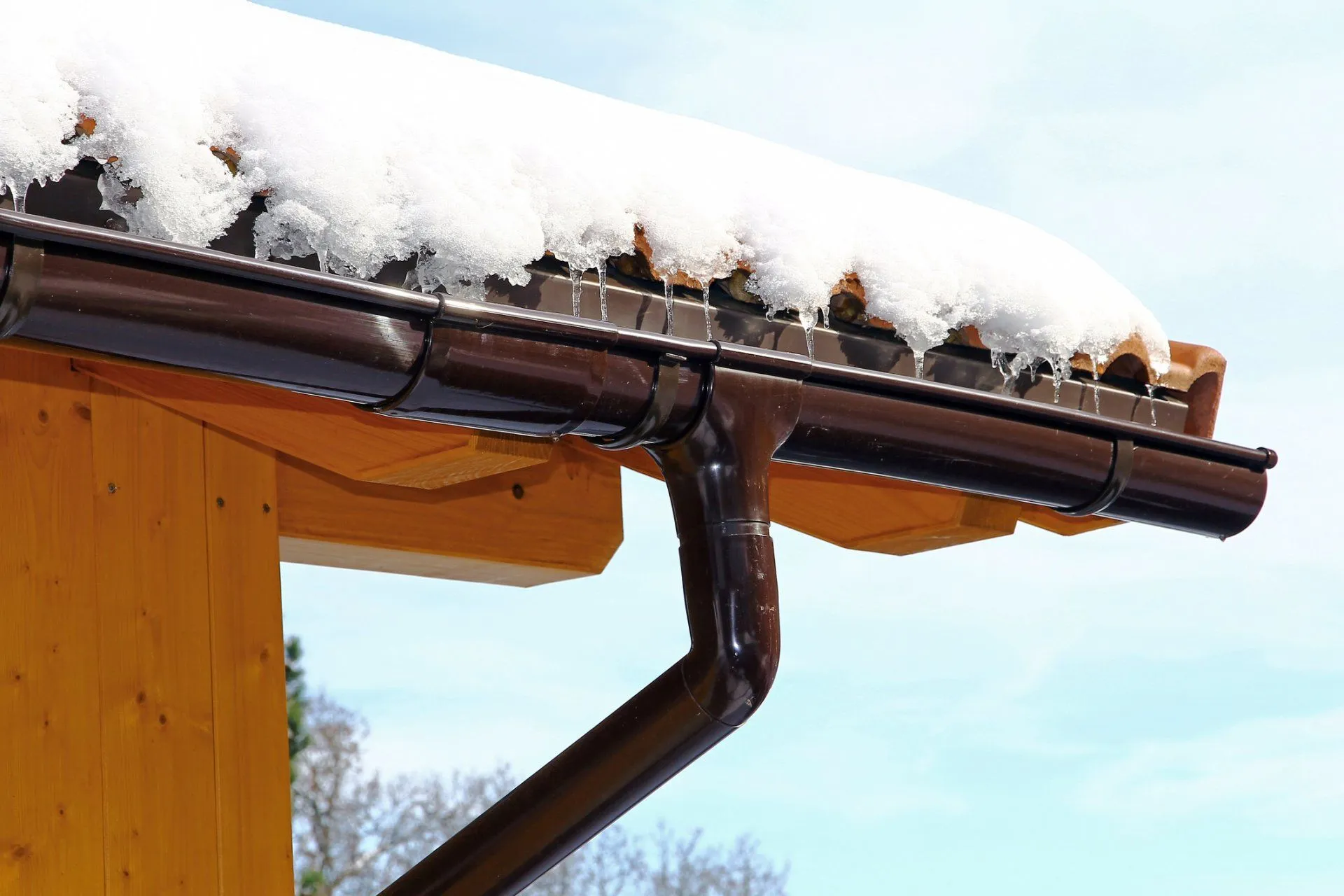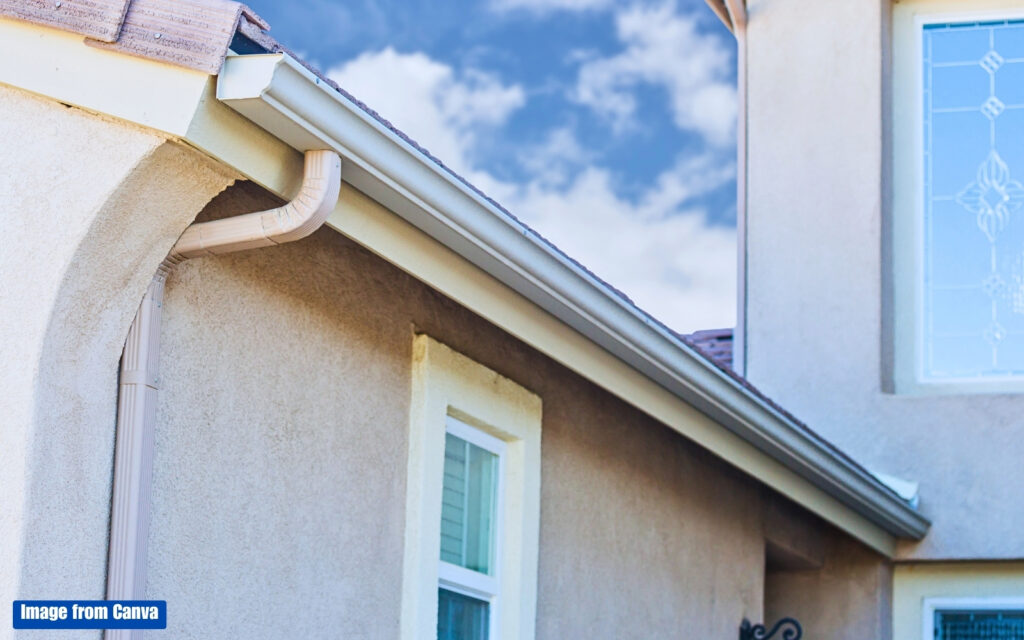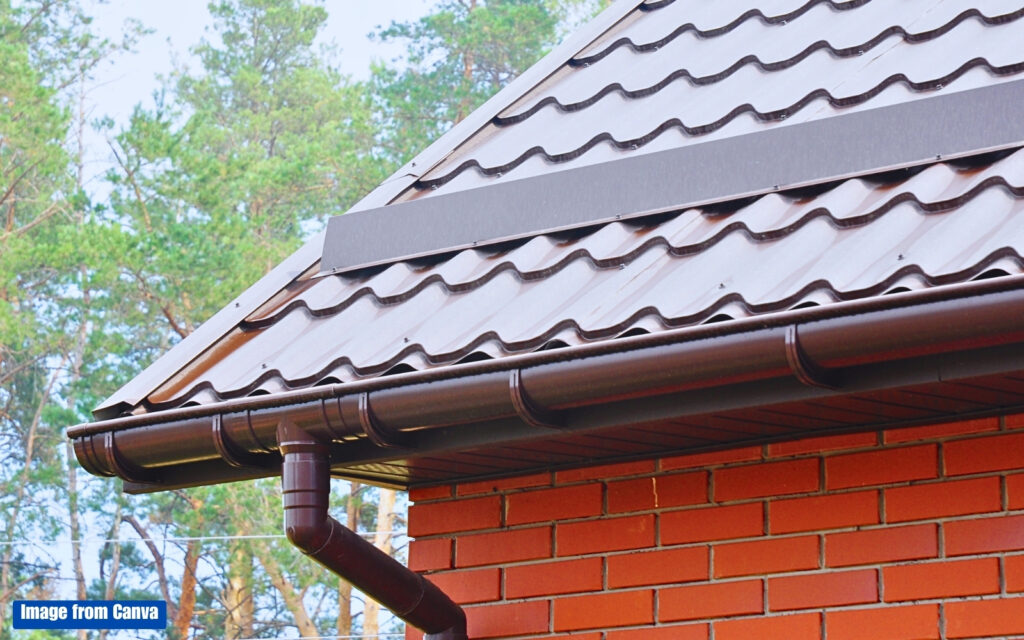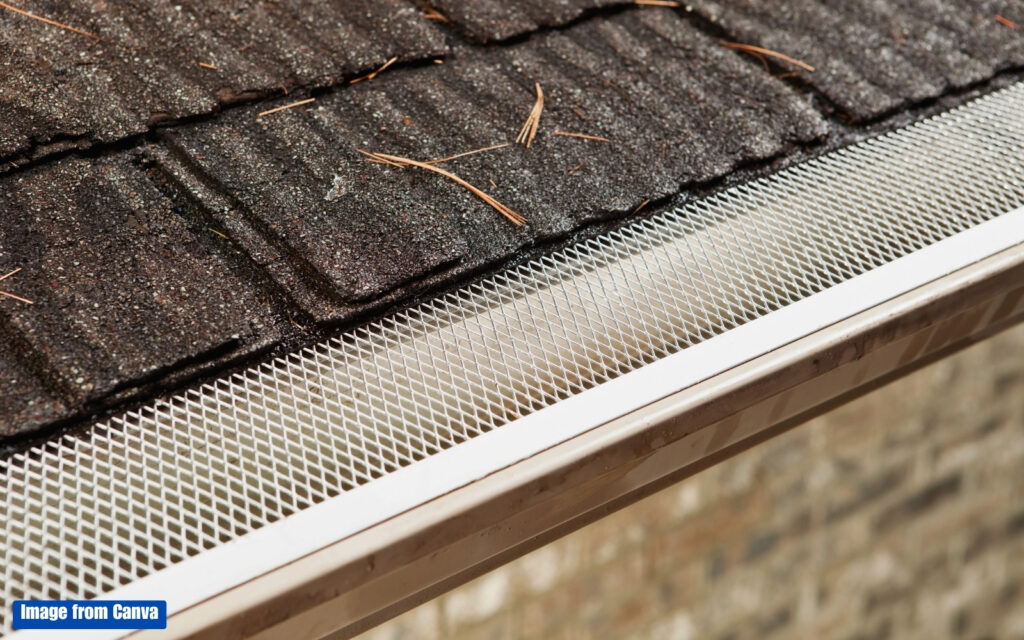
When discussions take place about our roof, gutters may not get as much attention as other items, but they are definitely no less important. Gutters play important roles in our house, like directing water away, keeping out mold growth, avoiding unwanted flooding, and avoiding paint damage on our walls.
Aluminum gutters and plastic gutters are two of the most popular and commonly used gutter materials for various reasons, like being affordable and easy to work with. But what if your property is located in a region with consistently cold weather, like Milwaukee? Which of the two will benefit your roof and home more?
It is always good to know which gutter will work best for your property and which one will last longer, considering your property's location, as well as the things that may help extend its lifespan. The lists of benefits and drawbacks for both gutter materials are provided below to make sure you come up with the right choice.

1. Lightweight
Aluminum is a low-density metal in comparison to other metals such as steel, copper, or iron, making it a lightweight material for gutters. As a result, installation considerably takes less time and is simpler, as it is easier to handle and manipulate throughout the process. This is also a good choice if you like doing a DIY installation.
Other good things that come from it being a lighter material are that it sags less and lessens the strain on the house’s overall structure compared to steel and cast iron. This is a great advantage for old houses and buildings with little bearing capacity.
2. Durable
Aluminum is a corrosion-resistant material, so it is less likely to corrode or degrade over time, making it a durable material. They can survive different climates and weather conditions. It can withstand rain, snow, and UV exposure without suffering serious damage due to its durability. This makes it one of the best options for long-lasting gutter systems since it is capable of withstanding cracking, warping, and rotting.
3. Seamless
Aluminum gutters have very few to no joints and no seams, allowing water to flow freely without leaking. This is actually one of the most important roles our gutters play, and their seamlessness makes them an awesome choice. Chances are that there is little water to seep through the gutter system if there are no seams or joints, which also reduces the possibility of water damage to our house's foundation and interior.
Aside from avoiding water leaks, the absence of visible seams and joints gives the gutters a neat and sleek look, making them a favorite among homeowners who give a lot of points to aesthetic value.
4. Wide variety of colors
The fact that aluminum gutters come in a variety of colors is another reason for you to choose them. White, brown, black, gray, and other hues typically seen in residential and commercial construction are popular color choices. These many options allow you to choose the right color or ideal shade that will complement your house.
5. Little to no maintenance
Because aluminum gutters are rust-proof and don't need to be repainted, unlike other metals, they require less to no maintenance at all, which also makes them money and time-efficient.
6. Easy to repair
Repair is more manageable for aluminum gutters as they are lightweight and easy to handle. Since these gutters are seamless, it is possible to remove and replace specific components without having an impact on the other parts or on the gutter system as a whole.
1. Bend or dent easily
Aluminum gutters are more prone to bending or denting than gutter materials like steel or copper. Despite its moldability, aluminum is rather soft, making it more vulnerable to damage from harsh impacts or large loads.
Things like extreme weather conditions and fallen branches are just a few of the things to look out for that may cause bending or denting to your gutters.
2. Can deteriorate when mixed with other metals
When aluminum gutters come in contact with certain dissimilar metals and water is present, galvanic corrosion may happen. In this situation, aluminum deteriorates or corrodes easily.

1. Durable since harder plastic
In contrast to other gutter materials, plastic gutters made from harder plastic material or PVC (polyvinyl chloride) are more resistant to decay, rust, and corrosion. This attribute makes them unique as well. With the help of its durability, the lifespan can be extended with proper installation and maintenance.
2. Cheaper
Another reason for you to choose plastic gutters is their affordability. Plastic is more affordable than metal, making it cheaper than other gutter materials. When compared to materials like aluminum, steel, or copper, the cost of making plastic materials like PVC or ABS is usually cheaper.
3. Easy to install
Because plastic gutters are lighter than metal gutters, their installation process is definitely easier and requires less physical effort.
1. Deteriorate over time
Plastic gutters erode with time, just like other gutter materials do. Eventually, it will become brittle in a cold environment and weak with continuous exposure to UV rays.
2. Susceptible to extreme heat or cold
Extreme temperatures have a significant effect on plastic gutters. In very cold temperatures, some types of plastic may become more prone to cracking or breaking. In hot climates, plastic gutters may become softer or more susceptible to warping. It may expand and contract due to extreme temperatures.
3. Structural weakness
Plastic has a lesser load-bearing capability than materials like metals or aluminum. If it is subjected to heavy loads, it is more likely to sustain damage or distort. It may not last long if you live in an area where snow often falls.
4. Short lifespan
Compared to other materials, the lifespan of plastic gutters is shorter. They can be affected easily by factors such as harsh weather conditions, chemicals, and pollution. As mentioned above, plastic gutters may age faster when exposed to extreme temperatures.
Given that each gutter has disadvantages of its own, the following solutions can help take care of these drawbacks:
1. Heating systems – Installing a heating system on your gutters will prevent snow build-up and overload, which may cause your gutters to break or bend. For homes located in regions with cold climates or where snowfall is more frequent, this is unquestionably useful.
2. Gutter guards – Clogging is one of the most typical issues contributing to gutter deterioration. Having gutter guards will keep debris such as leaves, branches, and other unwanted materials out of your gutter. Like the heating system, this will also prevent gutter overload and keep water flowing efficiently.

Now that you have run through all these advantages and disadvantages of both gutters, we can say that aluminum gutters work best in cold climates and are more sustainable. But making the right choice is not enough. It's still recommended to consult with a professional to determine the most suitable option for your specific needs and for proper installation guidelines to ensure a secure and effective gutter system.